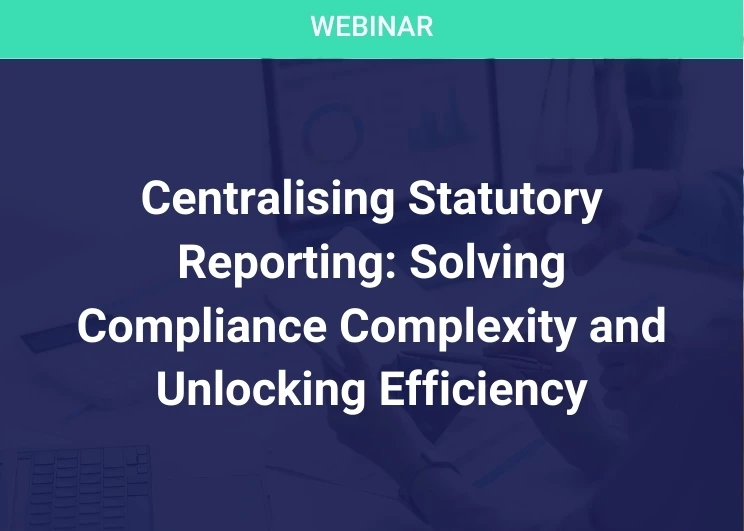Will India lose "Pole" position in BPO Space?
Add bookmark
The Indian Legacy
A combination of cost arbitrage, a knowledgeable workforce, government support to the BPO sector, quality of outputs, a wide choice of reputable suppliers, good telecommunication & other infrastructures and attractive BPO City locations available within India have all helped propel India to ‘pole’ position in the BPO space. But today, most of these factors are being increasingly challenged.
All major outsourcing suppliers today have Indian presence, which has been essentially strategic. But with an increasing number of suppliers comes the opportunity for a "best of breed" BPO workforce who demand higher salaries. This is increasingly reducing the cost arbitrage enjoyed by the organisations in the past. The year-on-year salary increase of approximately 8-10% will erode the level of cost arbitrage over time, and it will no longer be a key factor in the offshoring decision making process.
Another worrying factor facing the suppliers is attrition levels, which are rising alarmingly. A 40-50% attrition rate amongst suppliers is not uncommon. To overcome this, suppliers today carry higher amounts of "bench staff" which adds to their cost base. It is also not uncommon to see BPO staff moving jobs for a matter of few thousand rupees, which is adding to the woes of BPO suppliers.
With an ever increasing presence of BPO suppliers in India comes another key challenge – suitable locations to house them. The tier one cities such as Bangalore, Mumbai & Hyderabad are becoming saturated and real-estate costs are on the increase. Therefore there is now growth in the tier two cities such as Pune & Noida increasingly being selected as BPO locations. It will simply be a matter of time before these follow a similar fate of their predecessors. Outside these cities, the infrastructure in terms of telecommunications, roads and suitable real-estate to house BPO centres are yet to fully develop.
With the need to output a significant number of BPO staff year-on-year to meet the demand comes the challenge of quality of staff.
The International organisations that offshore their business processes are increasingly demanding other European languages from suppliers within India. The availability of such language proficient BPO staff in India is few and far between.
Alternatively, BPO suppliers in India are offering Eastern European locations to cater for such demands, but it does not quite work, especially if the numbers of FTE’s required with such language expertise are not so huge to warrant a separate team in another country location. There are two key factors here:
(a) Team dynamics may suffer by breaking the language proficient team into another country location
(b) The reduction of cost arbitrage saving will be reduced by deploying the Eastern European location strategy.
Organisations that offshore their business processes are more sophisticated now in terms of their strategies than a decade ago. They are increasingly looking for multi-location, multi-supplier and multi-country strategies to spread their business risks. With the multi-country strategy, it becomes apparent for organisations to easily compare the qualities of outputs produced and accordingly shift their processes between countries at new contractual negotiation times.
Another factor that may weigh against choosing India as an outsourcing location is this – the original BPO contracts that were signed for durations of 5-7 years with suppliers will now be due for renewal. With the Indian cost arbitrage gained originally eroding, there will be other countries waiting in the wings to take over. Over, the next few years, we will start to see transitioning of business processes from one supplier to another as a common occurrence - as opposed to transitioning processes from organisations to suppliers. In fact, the new suppliers who will take such processes on will offer organisations a cost free transition to make it an attractive proposition.
Finally, organisations also look for cultural similarities – but not just as a company itself but as a country. Unfortunately, India in the latter regard does not match-up to the Western Nations. Up to now, this has not been a core issue – but the moment other Asian countries citing a "better fit" come into the equation – this will start to become a significant factor.
So given all these factors, who will be there to challenge the Indian Superpower from the "pole" position of BPO space?
The attraction of the Philippines
Entering the grand-prix of BPO space is India’s neighbour, the Philippines. Today, there are over 450,000 BPO workers operating in the Philippines. Many global BPO suppliers already have a presence in the Philippines and those who don’t are quickly moving in before it’s too late. In addition, many multi-nationals have already set up their own captive centres. Telecommunications and other infrastructures in the Philippines are comparatively cheaper and more advanced compared to other offshoring destinations. In fact, the Philippines were the first nation in Asia to de-regulate the telecommunication sector and appear to present a more stable, robust and a highly scalable telecoms infrastructure due to numerous fibre optic landings in the country.
In terms of cost arbitrage, Philippines are presenting an extremely competitive cost strategy. The starting salary for a graduate in the Philippines is within the range of £180 - £240 pounds per month. This compared to India, is 40% cheaper. This cost competitiveness is not just limited to salaries. It appears to apply to all other business expenses such as real-estate, utilities, office supplies and other third party services. In fact today, organisations that offshore business processes to the Philippines have been able to enjoy cost arbitrage savings in the range of 50-70% (compared to 40–50% and continually eroding in India). This appears to be a phenomenal advantage for the Philippines.
Besides the cost arbitrage savings and infrastructure there are multiple other factors that appear to be swinging the pendulum towards the Philippines.
English speakers make up 75% of the Philippines population and, as a former American and Spanish colony it appears to be steeped in Western Culture. For Western organisations that offshore business processes, Filipino accents are easier to work with compared to India – and that instantly provides a head start in the Contact Center space, which continues to be an ongoing challenge within Indian based Contact Centers. The Philippines appear to have found answers for staff with other European languages too.
In addition, the Philippines government has put various incentive programmes in place to attract foreign organisations and also significant work has been done by the government to create BPO specific cities & parks around metro Manila and in other locations around the country.
Just consider some of the recent comments by various research establishments around the globe:
"Cebu City ranks 1st among Top 50 emerging outsourcing cities" (Global Services, 2008)
"Manila ranks 2nd among Top 10 Outsourcing Cities in Asia" (IDC)
"The Philippines has established a strong presence in voice-based BPO sectors such as call centers, and there are also signs of growth potential in other offshore services, such as finance & accounting, medical transcription and animation" (IMF, March 2007)
"Philippines awarded Off-shoring Destination for 2007" (National Outsourcing Association (UK), October 2007)
"The Philippines has become a destination for call centre and back-office finance and accounting operations; rates highly in cost, labour quality and language/cultural compatibility" (Gartner, Dec 2007)
"We think that the Philippines have grown into the No. 2 outsourcing base after India in call centre–based BPO fields" (Nomura Securities, November 2007)
"The Philippines is now the third largest destination geography for BPO services" (Everest Consulting, April 2008)
"The Philippines is among seven key markets that are "above the rest" and are the "most critical to achieving corporate growth and outperforming the competition in 2008 and beyond"" (Frontier Strategy Group, September 2007)
"Philippines awarded Off-shoring Destination for 2009" (National Outsourcing Association (UK), October 2009)
About the Author
Ajith Dandeniya is a freelance Outsouring Consultant. He was recently worked with Royal Sun Alliance Insurance in implementing their Outsourcing Strategy. Previously, he has worked for the Outsourcing Supplier WNS Global Services and dealt with clients such as Lastminute.com, Irwin Mitchell, Norwich Union Insurance & AFC Enterprise.





















